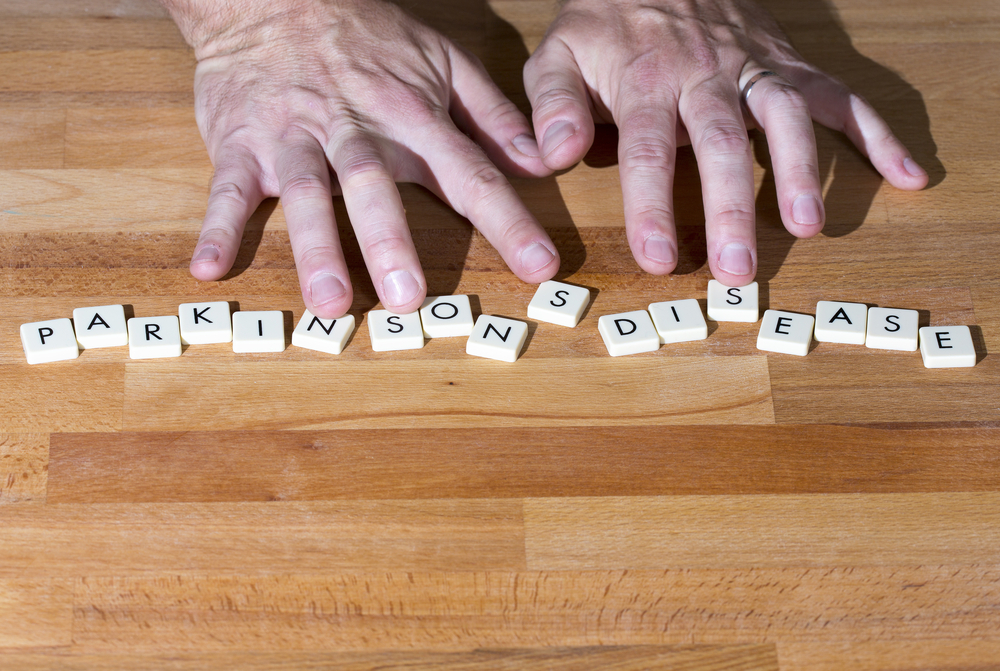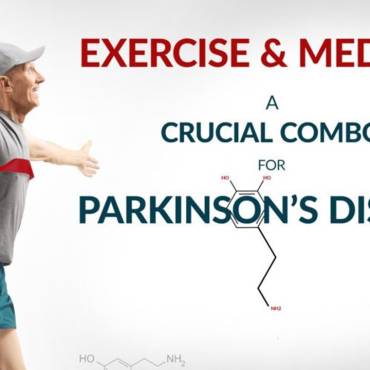According to a new study, erectile dysfunction (ED) may indicate a risk of Parkinson’s disease.
You already know that issues with your reproductive organ can give rise to underlying heart disease. A new study suggests that erectile dysfunction can also indicate a higher risk of developing Parkinson’s disease.

Also Read: Home remedies for male pattern baldness
ED and Parkinson’s disease
ED occurs when you cannot get or maintain a penile erection enough for satisfactory intercourse. In some cases, penis, the sex organ of a male becomes partly erect, but not hard enough to perform intercourse. In some men, there is no fullness of the penis at all. The sexual problem is also called as impotence.
Parkinson’s disease (PD) is one of the most common neurodegenerative disorders as well as motor related disorders worldwide. It involves motor system, cognitive, mental, and autonomic functions. PD is a condition that affects the production of dopamine chemical in the brain, which in turn can affect the sexual function and control of body movements. People with this brain problem have trouble walking and using muscles in a coordinated way. Many clinical studies suggest that Parkinson’s disease treatment and the disease itself can cause sexual dysfunction or affect an individual’s life. Other erectile dysfunction causes for a person with Parkinson’s include stress, depression, anger, issues with body image or self-esteem, and disease related fatigue. This neurological condition can affect your partner’s sexuality too.
Open communication and understanding between the partners are the best remedies for healthy relationships and sexual issues. Professional counseling or medical treatments can also help in relieving erectile dysfunction symptoms. However, it is important to see your health care specialist if you are concerned about your health condition, treatment, sexual relationships, or sexuality.
Parkinson’s disease and nervous system
Like other basic body functions, the human sexual function and responses are under the control of the nervous system. The brain is the center of control of all body functions. It works by sending out the signals to the different body organs by way of nerve fibers. However, some of the messages we do not control, some things happen automatically like an increase or decrease in heart rate. The nerve fibers that go from the brain to the muscles that we can control are the ones that are affected by the neurological condition, Parkinson’s disease. The loss of dopamine, a brain chemical in PD patients, has an impact on the autonomic nervous system. This may develop sexual issues. For example:
- Inability to move, tremor and rigidity may interfere with sexual practice.
- Reduced sexual desire
- Fatigue related to Parkinson’s disease can reduce libido
- Problems in achieving and maintaining penile erection
- Unable to ejaculate
- Difficulty in reaching orgasm
Treatment for Parkinson’s disease and erectile dysfunction
There is no cure for Parkinson’s disease, but the symptoms can be manageable with pharmaceutical drugs and surgery. However, Parkinson’s medication can decrease sexual desire and response. Some drugs and deep brain stimulation surgery may contribute to hypersexuality, which rarely occurs in PD patients. Discuss with your health care provider about treatment side effects.
Also Read: How to increase sperm count
Impact of Parkinson’s disease on sexual health
Abnormalities in the function of the autonomic nervous system are among the common causes of erectile dysfunction in people having parkinson. The autonomic nervous system causes blood vessels to dilate and allow the blood to flow to the penile region when a person is sexually excited. A dysfunction with this process causes difficulty in getting and keeping an erection. The same dysfunction leads to Parkinson’s disease. The link between Parkinson’s disease and ED has been established in clinical studies. ED in Parkinson’s disease is directly related to the lower levels of dopamine chemical in the brain. In most cases, erectile dysfunction drug like sildenafil can sometimes help in relieving symptoms of ED. Your health care provider may also suggest testosterone replacement therapy, another erectile dysfunction treatment to help with both erections a problem and sexual desire.



